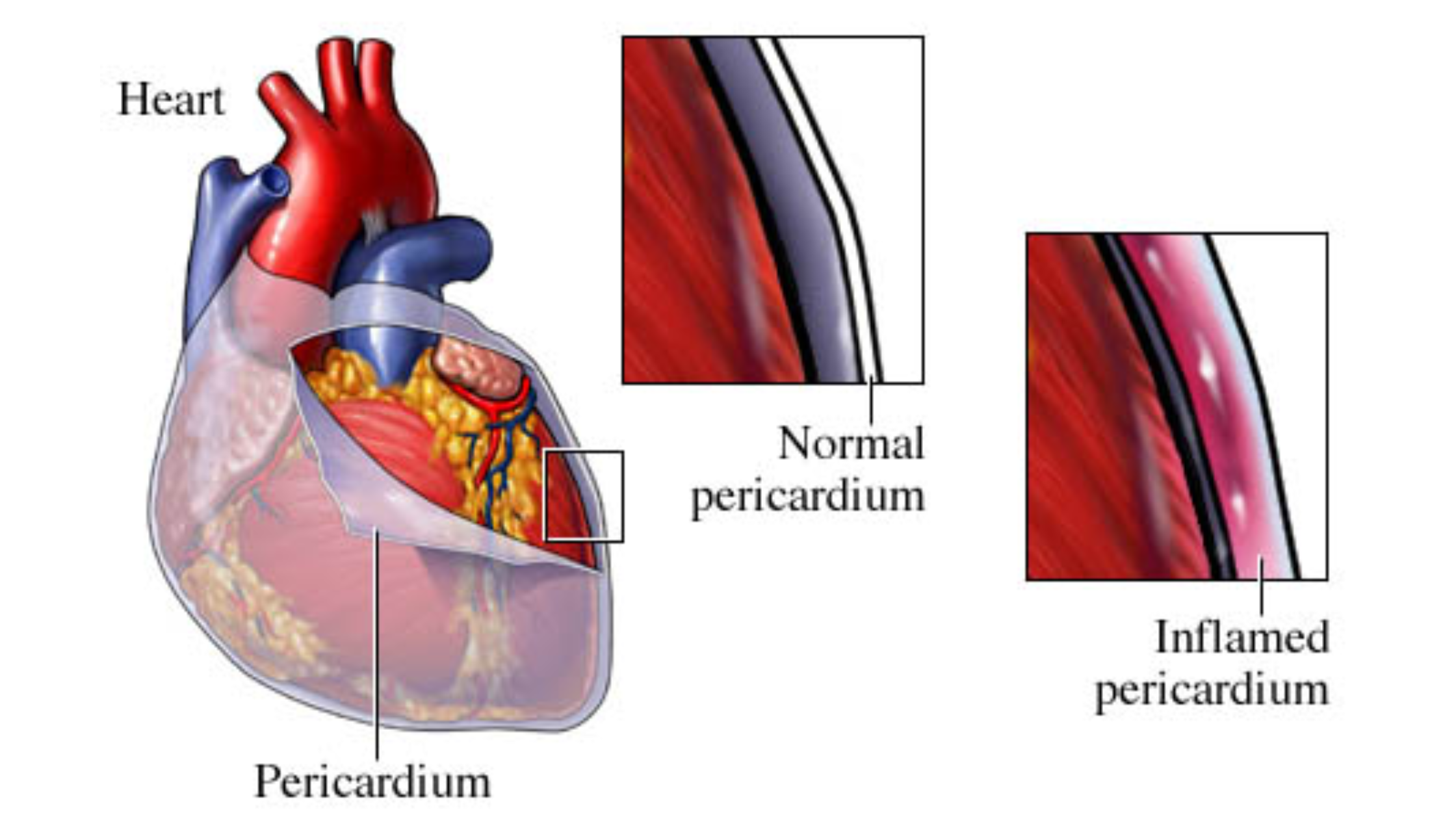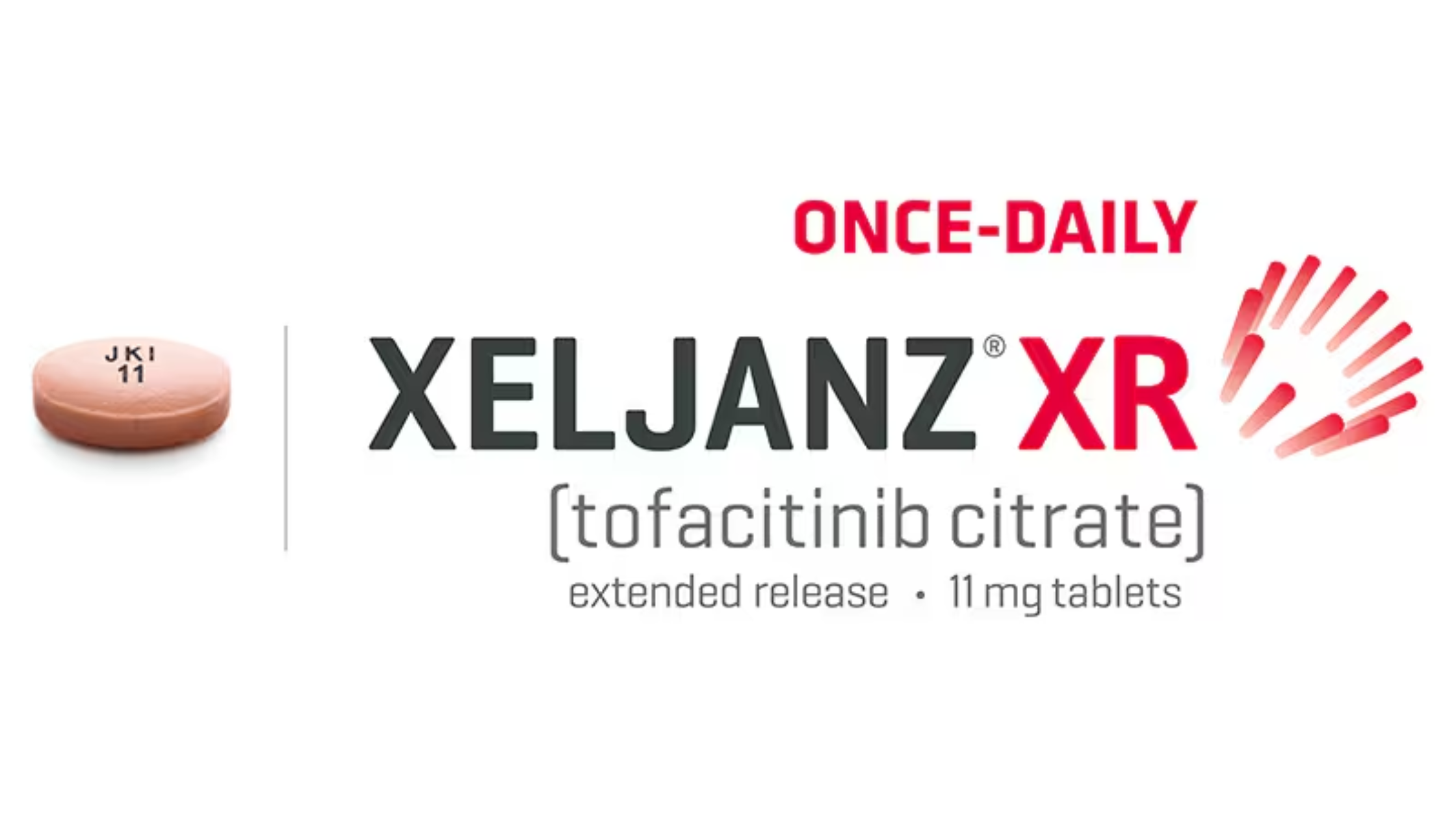Last updated on November 22nd, 2024 at 10:30 am
Angiotensin-converting enzyme (ACE) inhibitors are a class of medications that have revolutionized the treatment of cardiovascular conditions such as angina and chest pain. From controlling high blood pressure to managing heart failure, ACE inhibitors have been instrumental in improving the lives of countless individuals. I will explore what ACE inhibitors are, how they work, their common applications, and their role in cardiovascular health.
What are ACE Inhibitors
Angiotensin-converting enzyme inhibitors, or ACE inhibitors, are a group of drugs primarily used to treat conditions associated with the cardiovascular system. These medications work by blocking the activity of the angiotensin-converting enzyme, a key player in the regulation of blood pressure and fluid balance within the body.
How ACE Inhibitors Work
- Reduction of Angiotensin II: Angiotensin-converting enzyme inhibitors prevent the formation of angiotensin II, a potent vasoconstrictor. Angiotensin II narrows blood vessels, increasing blood pressure.
- Vasodilation: By blocking the effects of angiotensin II, ACE inhibitors cause blood vessels to relax and dilate. This reduces the resistance to blood flow, leading to lowered blood pressure.
- Decreased Sodium and Water Retention: ACE inhibitors also influence the balance of sodium and water in the body. They decrease the reabsorption of sodium in the kidneys, which results in less fluid retention and reduced workload on the heart.
Common Applications of ACE Inhibitors
- Hypertension (High Blood Pressure): ACE inhibitors are a cornerstone in the treatment of hypertension. By relaxing blood vessels and reducing blood volume, they help lower blood pressure to healthier levels.
- Heart Failure: ACE inhibitors are frequently prescribed to individuals with heart failure. They reduce the strain on the heart by improving its pumping efficiency and decreasing the heart’s workload.
- Post-Heart Attack Care: ACE inhibitors can improve survival rates and reduce the risk of subsequent heart attacks when administered shortly after a heart attack.
- Diabetic Nephropathy: In individuals with diabetes, ACE inhibitors can slow the progression of kidney disease by reducing the pressure within the kidneys’ blood vessels.
- Chronic Kidney Disease: ACE inhibitors are also employed in the management of chronic kidney disease to slow the loss of kidney function.
Notable ACE Inhibitors
- Enalapril (Vasotec): Enalapril is used for the treatment of hypertension and heart failure.
- Lisinopril (Prinivil, Zestril): Lisinopril is a widely prescribed ACE inhibitor for hypertension and heart failure.
- Captopril (Capoten): Captopril is an ACE inhibitor commonly used to treat hypertension and improve survival rates after heart attacks.
- Benazepril (Lotensin): Benazepril is prescribed for the treatment of high blood pressure and heart failure.
- Ramipril (Altace): Ramipril is a versatile ACE inhibitor indicated for hypertension, heart failure, and risk reduction in cardiovascular events.
Angiotensin-converting enzyme (ACE) inhibitors List
| ACE Inhibitor with Common name | ACE Inhibitor |
|---|---|
| Enalapril (Vasotec) | – Enalapril |
| Lisinopril (Prinivil, Zestril) | – Lisinopril |
| Captopril (Capoten) | – Captopril |
| Benazepril (Lotensin) | – Benazepril |
| Ramipril (Altace) | – Ramipril |
| Perindopril (Aceon) | – Perindopril |
| Trandolapril (Mavik) | – Trandolapril |
| Moexipril (Univasc) | – Moexipril |
| Fosinopril (Monopril) | – Fosinopril |
| Quinapril (Accupril) | – Quinapril |
| Enalapril-felodipine (Lexxel) | – Enalapril-felodipine |
| Cilazapril (Vascace) | – Cilazapril |
| Spirapril (Renormax) | – Spirapril |
| Zofenopril (Bifril) | – Zofenopril |
| Delapril (Dilpral) | – Delapril |
| Quinapril-felodipine (Accuretic) | – Quinapril-felodipine |
| Moexipril-hydrochlorothiazide (Uniretic) | – Moexipril-hydrochlorothiazide |
| Trandolapril-verapamil (Tarka) | – Trandolapril-verapamil |
| Benazepril-amlodipine (Lotrel) | – Benazepril-amlodipine |
| Lisinopril-hydrochlorothiazide (Prinzide, Zestoretic) | – Lisinopril-hydrochlorothiazide |
Summary
Angiotensin-converting enzyme (ACE) inhibitors have been instrumental in the treatment of cardiovascular conditions for decades. Their ability to lower blood pressure, reduce the heart’s workload, and improve cardiac function has made them a vital component of modern healthcare. As with any medication, it is essential to use ACE inhibitors under the guidance of a healthcare provider. By working together with healthcare professionals, individuals can harness the benefits of ACE inhibitors to protect and enhance their cardiovascular health, ultimately leading to a better quality of life.
Discover what is the ace inhibitor antidote.




